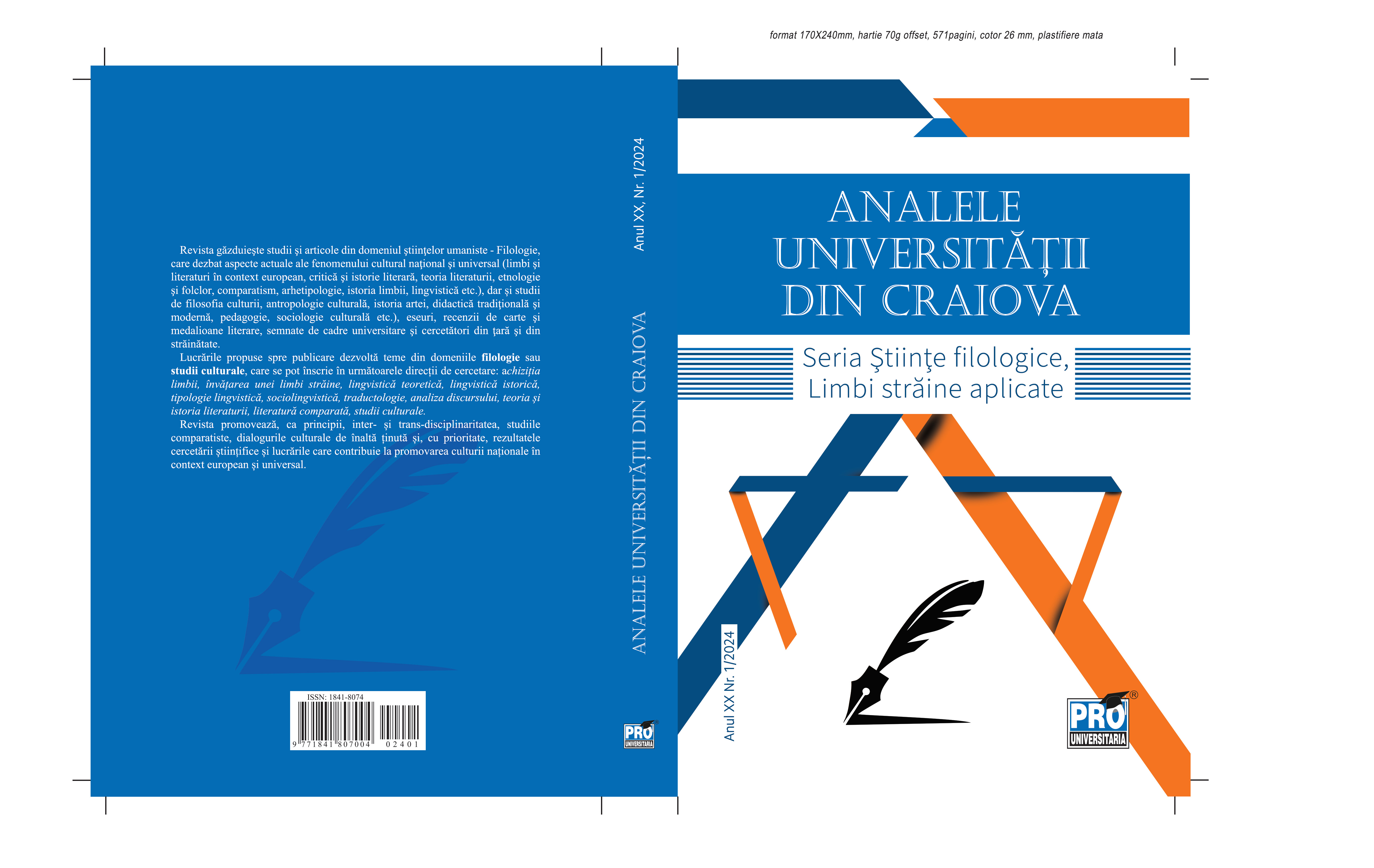Rolul Sarmatismului și Dacismului în formarea identităților naționale în Polonia și România în secolul al XIX-lea și prima parte a secolului al XX-lea
The role of Sarmatism and Dacianism in the formation of national identities in Poland and Romania in the 19th century and the first part of the 20th century
Author(s): Răzvan Mihai AlbuSubject(s): Politics / Political Sciences, Politics and communication, Politics and society
Published by: Editura Pro Universitaria
Keywords: Sarmanism; Dacism; România; Polonia;
Summary/Abstract: The document explores how Sarmatism in Poland and Dacianism in Romania played crucial roles in the formation of national identities during the 19th and early 20th centuries. Both ideologies were rooted in historical narratives and symbolisms specific to their respective cultures. Sarmatism idealized the Polish nobility as descendants of the ancient Sarmatians, emphasizing values like freedom and honor, while Dacianism glorified the Dacians as noble ancestors of the Romanians, highlighting themes of resistance and autochthony. These ideologies were instrumental in shaping national consciousness, especially in contexts of political subjugation and cultural renaissance, and continued to influence national identity even in the interwar period.
Journal: Analele Universităţii din Craiova, Seria Ştiinţe Filologice, Limbi Străine Aplicate
- Issue Year: 2024
- Issue No: 1
- Page Range: 6-17
- Page Count: 11
- Language: Romanian

